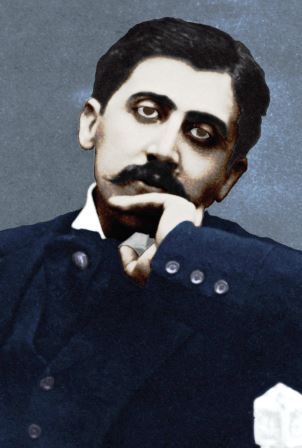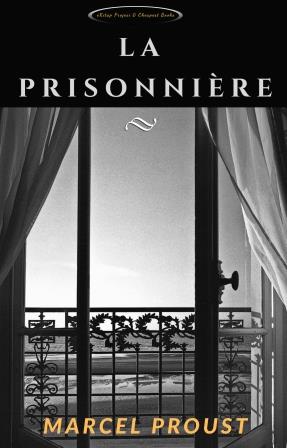More Search Results...

Marcel Proust, (1871, 1922), French novelist, author of À la recherche du temps perdu (1913–27; In Search of Lost Time), a seven-volume novel based on Proust’s life told psychologically and allegorically.
Marcel was the son of Adrien Proust, an eminent physician of provincial French Catholic descent, and his wife, Jeanne, née Weil, of a wealthy Jewish family. After a first attack in 1880, he suffered from asthma throughout his life. His childhood holidays were spent at Illiers and Auteuil (which together became the Combray of his novel) or at seaside resorts in Normandy with his maternal grandmother. At the Lycée Condorcet (1882–89) he wrote for class magazines, fell in love with a little girl named Marie de Benardaky in the Champs-Élysées, made friends whose mothers were society hostesses, and was influenced by his philosophy master Alphonse Darlu. He enjoyed the discipline and comradeship of military service at Orléans (1889–90) and studied at the School of Political Sciences, taking licences in law (1893) and in literature (1895). During these student days his thought was influenced by the philosophers Henri Bergson (his cousin by marriage) and Paul Desjardins and by the historian Albert Sorel. Meanwhile, via the bourgeois salons of Madames Straus, Arman de Caillavet, Aubernon, and Madeleine Lemaire, he became an observant habitué of the most exclusive drawing rooms of the nobility.
In 1896 Proust published Les Plaisirs et les jours (Pleasures and Days), a collection of short stories at once precious and profound, most of which had appeared during 1892–93 in the magazines Le Banquet and La Revue Blanche. From 1895 to 1899 he wrote Jean Santeuil, an autobiographical novel that, though unfinished and ill-constructed, showed awakening genius and foreshadowed À la recherche. A gradual disengagement from social life coincided with growing ill health and with his active involvement in the Dreyfus affair of 1897–99, when French politics and society were split by the movement to liberate the Jewish army officer Alfred Dreyfus, unjustly imprisoned on Devil’s Island as a spy. Proust helped to organize petitions and assisted Dreyfus’s lawyer Labori, courageously defying the risk of social ostracism. (Although Proust was not, in fact, ostracized, the experience helped to crystallize his disillusionment with aristocratic society, which became visible in his novel.)
Proust’s discovery of John Ruskin’s art criticism in 1899 caused him to abandon Jean Santeuil and to seek a new revelation in the beauty of nature and in Gothic architecture, considered as symbols of man confronted with eternity: “Suddenly,” he wrote, “the universe regained in my eyes an immeasurable value.” On this quest he visited Venice (with his mother in May 1900) and the churches of France and translated Ruskin’s Bible of Amiens and Sesame and Lilies, with prefaces in which the note of his mature prose is first heard.
La Prisonnière
Le seul véritable voyage, le seul bain de Jouvence, ce ne serait pas d'aller vers de nouveaux paysages, mais d'avoir d'autres yeux, de voir l'univers avec les yeux d'un autre, de cent autres, de voir les cent univers que chacun d'eux voit, que chacun d'eux est.
More info →


































